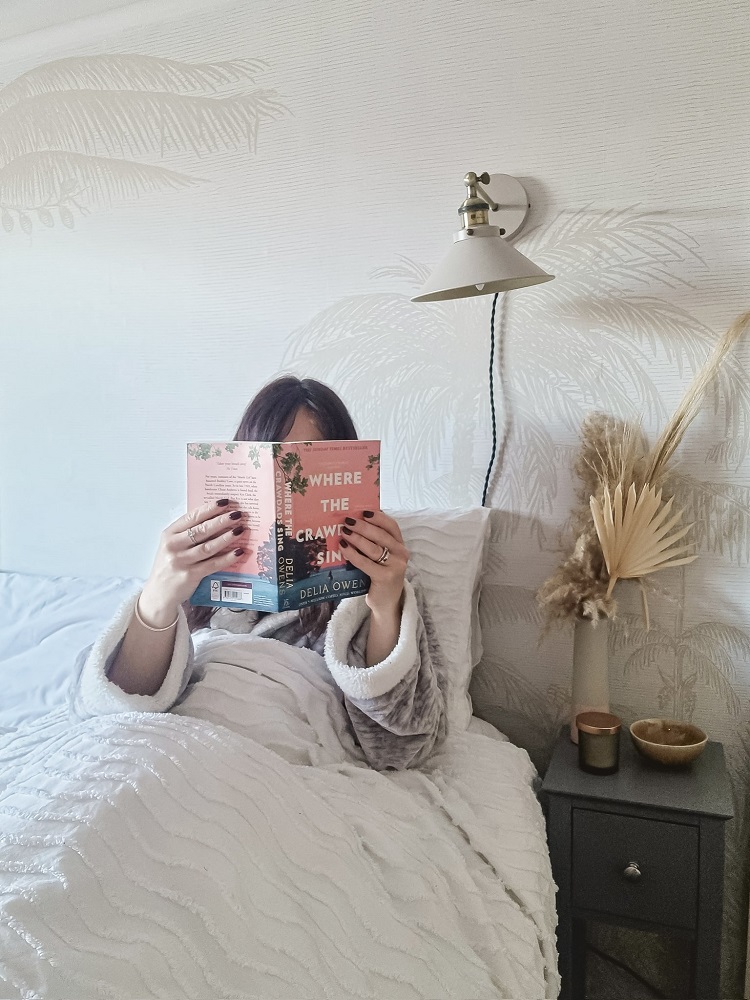

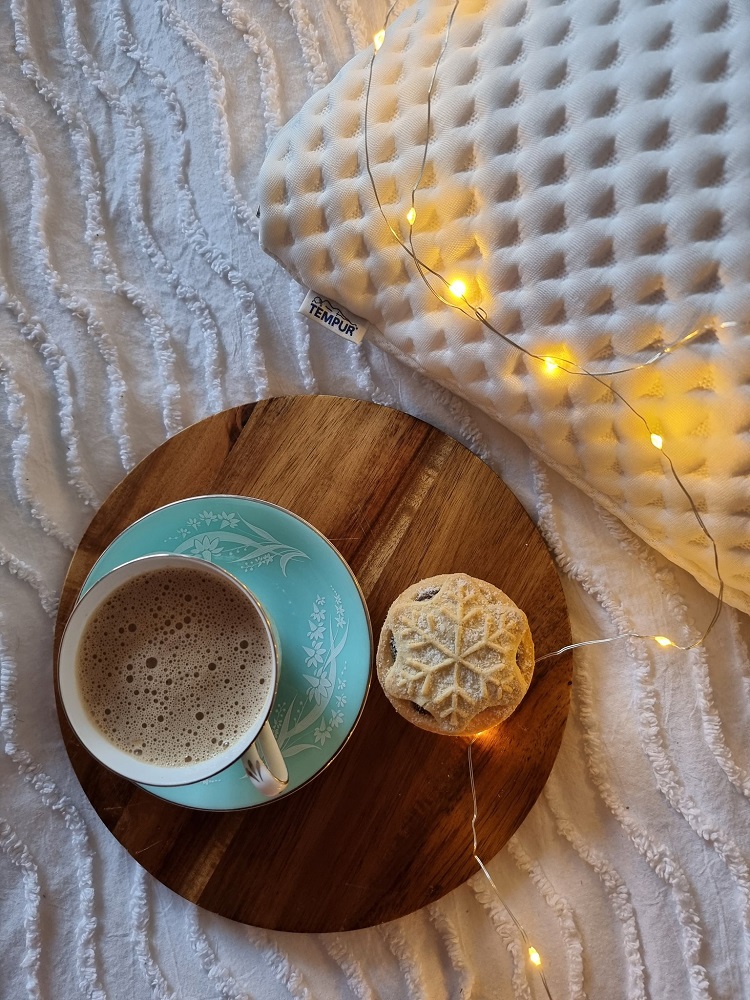
Are You Sleeping Enough?
Working shifts, children getting up in the night, delaying bedtime to catch up on chores… all these things can hinder our sleep. Most adults need around 7 to 9 hours ideally, although quality of sleep is just as important as quantity. Nevertheless, regularly sleeping less than seven hours does seem to suggest a possible link to poorer health, research has shown.
Get Comfortable with Tempur
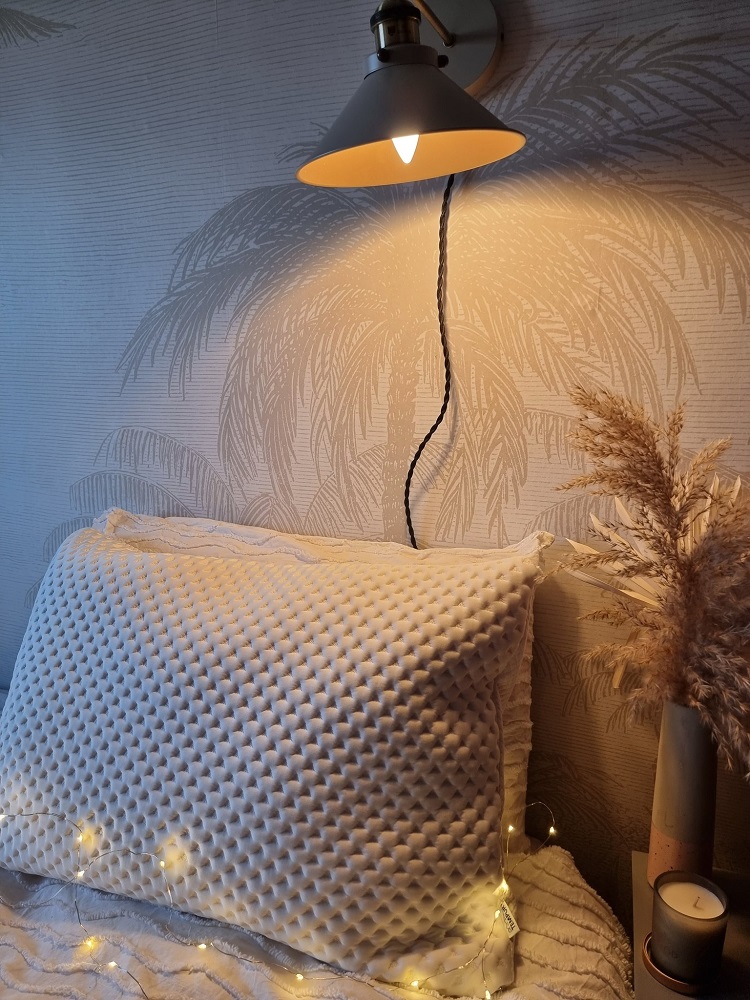
So what can we do? It seems simple, but one of the key things to aid better sleep is comfort. I mean, is there anything worse than waking up with a crick in the neck or a stiff, aching back? Sleeping posture is so important to keep your spine aligned and reduce stress on joints. When it comes to ‘sleep ergonomics’ your pillow and mattress should always support the curve of your spine and the muscles of your body so you can properly rest and regenerate, enabling you to wake up feeling refreshed!
A bed that’s too hard or soft, or a pillow that doesn’t offer support can wreak havoc so maybe it’s time to ‘invest in your rest’ and look into the benefits of memory foam and getting a Tempur mattress or pillow.
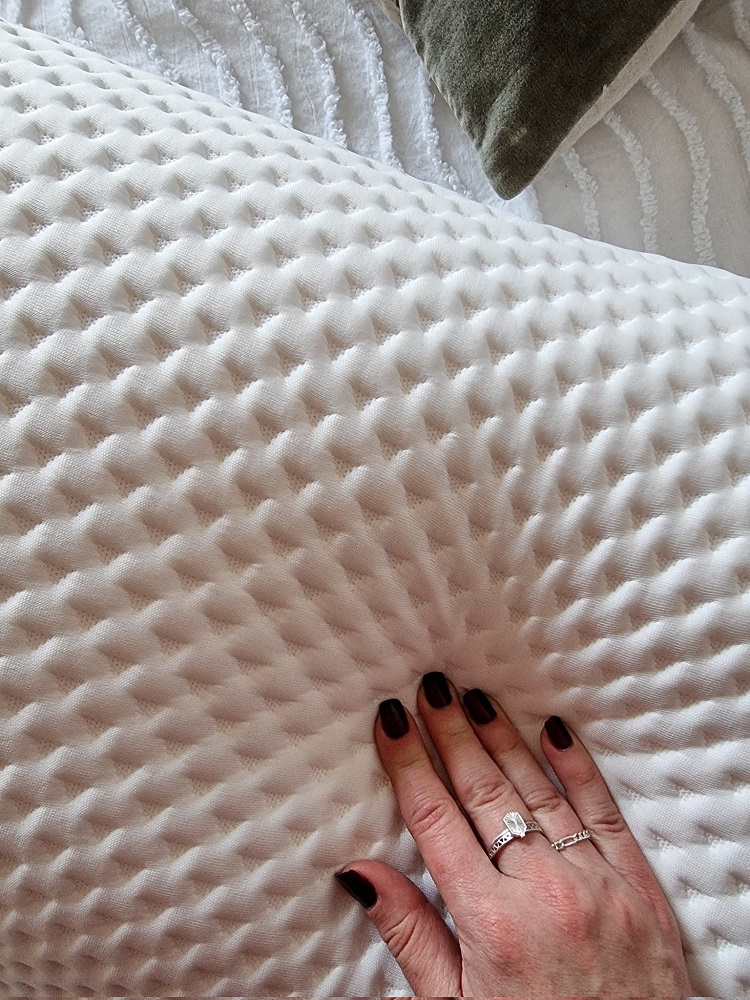
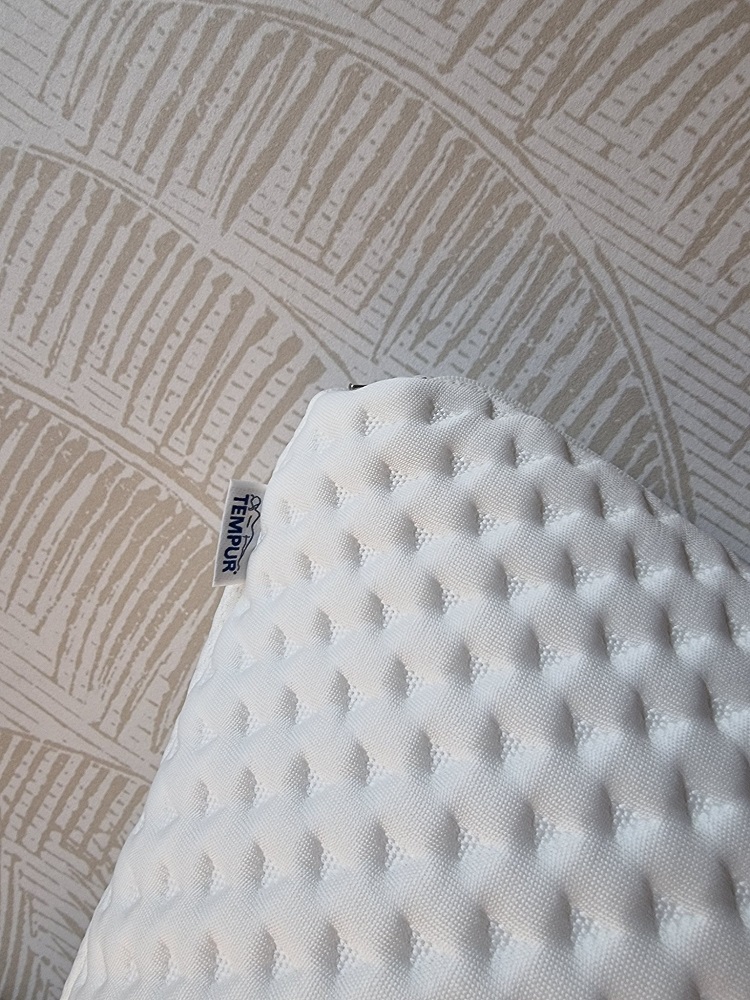
I was sent a Tempur pillow to try out and the difference between it and a traditional feather or hollow fibre pillow is really noticeable. Because it’s filled with exclusive Tempur material that was first developed by NASA, the pillow works differently and provides unique pressure relief. It actively cushions and supports your head, neck and shoulders for a comfortable rest all night long. I found it to be really squishy and cloud-like, able to contour itself around my head and neck. It feels so luxurious as you sink into it and feel enveloped by comfort!
Changing your pillow or mattress material is one easy swap to improve sleep quality in next to no time.
Bedroom Basics
You may find you experience more sleep problems if your room is too hot or too cold. Generally a cooler room aids sleep, but if it’s too chilly in bed try a thicker duvet, a hot water bottle or heated blanket to help you drop off more easily.
Even the room decor can have an effect on you, so having a calm, tidy bedroom, decorated in soft, soothing colours and not too much stimuli or clutter can help you feel more relaxed. Fresh sheets on the bed and clean PJs, plus a pillow spray containing lavender can all help put you in the mood for sleep! Some people feel comforted by a weighted blanket, or using ear plugs to drown out background noise. Also, is the room dark enough? Maybe you need an eye mask or blackout blinds to help you drift off.
Try A Sleep App
Have you ever considered using a sleep app to track and analyse your sleep patterns? Understanding your sleep cycle helps you to make improvements that will benefit your health and wellbeing. For example it can detect snoring issues or sleep apnoea, and reveal your respiratory rate or how much REM you’re getting, which is the deep restorative sleep we often need more of.
As well as providing useful data, sleep tracking apps on our smartphones can also help with waking us up at the right time in our sleep cycle. There are some sleep apps that the NHS recommends, so it is worth looking into and something I’m keen to research further.
Winding Down
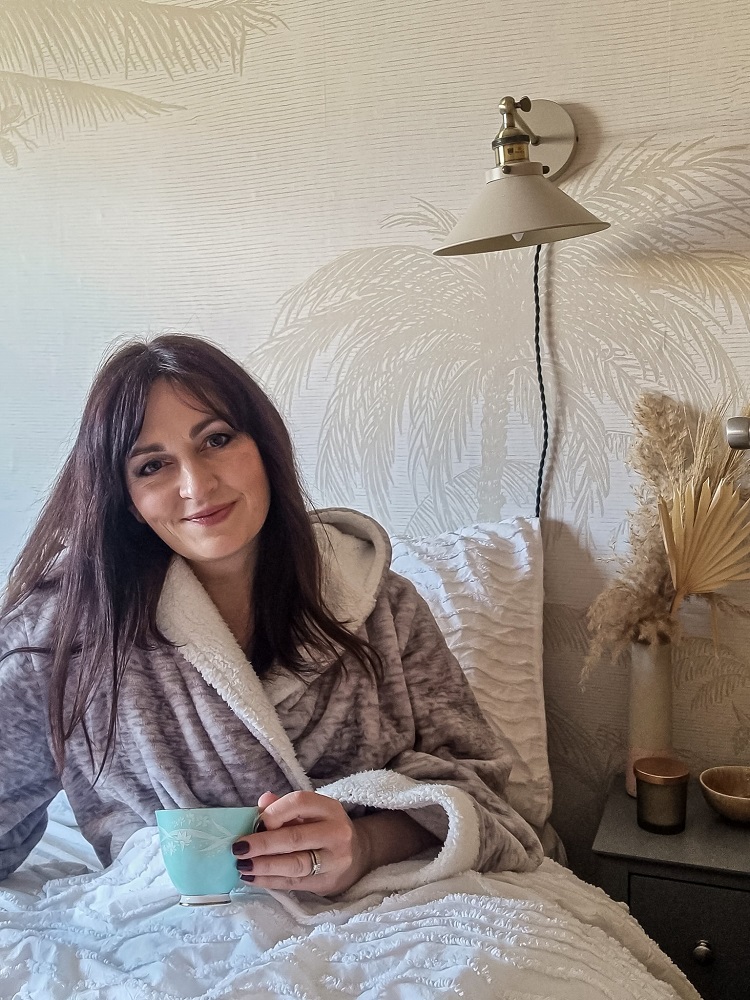
Lots of us know the importance of cultivating a wind down routine to start relaxing about an hour before bed, but instead we’ll find ourselves scrolling through social media – I am definitely guilty of this! It would be much more beneficial to take a bath or warm shower, read a book, write a journal. Therefore limit screen time or at least try some blue light blocking glasses or change the settings on your phone to night mode to help.
If you know you have a stressful day ahead, make a list of tasks so they’re not swimming around your head. It helps to lay your clothes out for the next day, do any meal prep etc ahead of time and then you can just focus on the moment, listen to your breathing, zone everything else out.
Also be consistent; use an alarm clock, go to bed at the same time. Rituals such as putting on pyjamas, brushing teeth, stretching, reading are all great ways to help put you in the mood for sleep.
New Year, New Sleep
Lots of people look to the New Year as a fresh start and a way to re-boot their exercise regime. If this is you, it could improve your sleep too! Even if you don’t want to take up a new sport or activity, a walk around the block in the evening might be just enough to help you start the wind-down routine to sleep.
Other Considerations
Melatonin is the hormone that helps us sleep and if you’re still struggling after trying all of the above, perhaps it’s time to talk to your doctor. You may be able to take some supplements, for example the mineral Magnesium can help you relax and fall asleep faster (it is also reputed to help restless leg syndrome which is known to disrupt sleep.)
Sometimes we are dehydrated without realising it, so avoiding caffeine after a certain cut off time e.g. four hours before bed is a wise move. (Alcohol, too, can disrupt sleep so you may prefer to avoid it during the week.)
Some things like illness, pregnancy, menopause can unfortunately disrupt our sleep patterns, but hopefully this post goes to show there are at least some simple things we can try and do to improve how we sleep. What are your restolutions going to be for 2022?
© Copyright 2021 Antonia, All rights Reserved. Written For: Tidylife
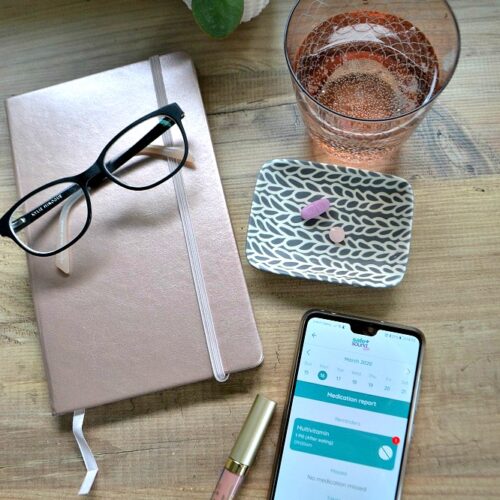

Leave a Reply